Catching something while traveling can throw your entire trip off track—especially when you’re far from your regular doctor and unfamiliar with how things work locally. Whether it’s a bad cold, food poisoning, or something more serious, knowing what to do next can help you stay calm and get back on your feet faster.
You don’t have to panic or pack up your trip immediately—most of the time, a few smart moves make all the difference. Here’s a list of 15 practical things to do if you get sick while traveling.
Rest First, Don’t Power Through

When you’re sick, your body needs downtime—no matter how packed your itinerary is. Trying to push through hikes, tours, or even long bus rides will only make things worse.
Take at least a full day to stay in, hydrate, and sleep without distractions—even a mild illness can linger for days if you don’t rest properly. One quiet day now saves three miserable ones later.
Check Your Travel Insurance Benefits
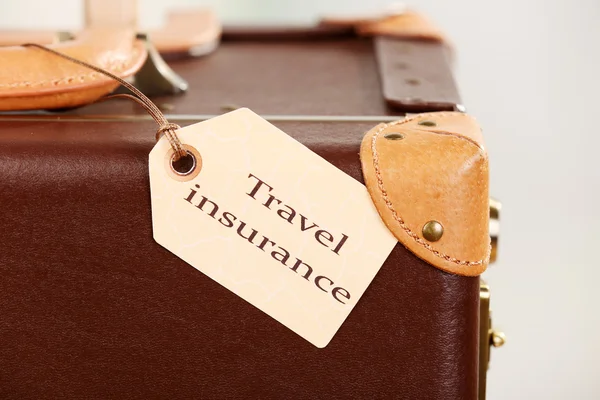
If you’ve got insurance, now’s the time to use it—don’t wait until things get worse. Many plans cover doctor visits, medication, and even hospital stays, depending on your policy. Some even have 24/7 assistance to help find clinics in your area.
Keep your policy number and contact info handy in your phone or travel wallet. A quick check might save you hundreds in out-of-pocket costs.
Like Travel Pug’s content? Follow us on MSN.
Ask Locals or Staff for Clinic Recommendations

Hotel staff, hostel workers, or Airbnb hosts usually know where to find trustworthy medical care. They’ve helped sick travelers before and often know which clinics have English-speaking staff or are tourist-friendly. It’s faster and safer than randomly walking into the first clinic you see.
Even a fellow traveler might point you to a place they’ve used themselves. Don’t be shy—people are often more helpful than you expect.
Look Up Pharmacy Options Nearby

In many countries, pharmacies do more than just sell pills—they often give basic medical advice. Some even have in-house doctors or nurses who can offer treatment without an appointment. If your symptoms are mild, this might be all you need.
Be ready to show a photo or type out your symptoms if there’s a language barrier. Just make sure the pharmacy is reputable, not a sketchy corner stand.
Stay Hydrated—Seriously

It’s one of the oldest tips, but it matters more when you’re traveling. Flying, sun, unfamiliar foods, and alcohol can already dehydrate you—being sick makes it worse. Water, electrolyte drinks, broths, and tea all help you bounce back faster.
Carry a reusable water bottle and refill often, especially if you’re taking medication. Don’t rely on how you feel—by the time you feel thirsty, you’re already behind.
Like Travel Pug’s content? Follow us on MSN.
Keep a Record of What You’ve Taken
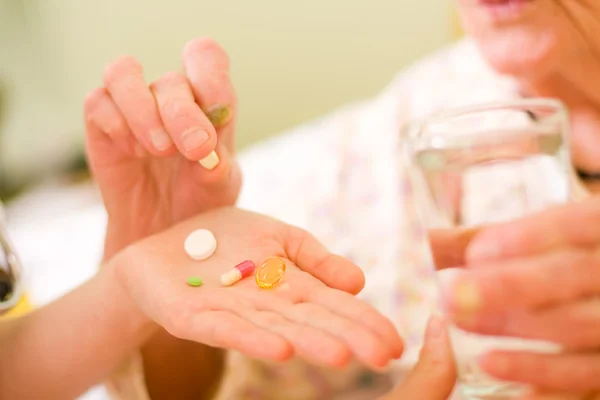
Juggling unfamiliar medications, time zones, and different dosages can get confusing fast. Write down what you’re taking, how often, and when you last took it. This is especially important if you see multiple doctors or visit a pharmacy later.
A small note in your phone works fine. Mixing meds without tracking them can make things worse instead of better.
Use a Translation App at the Doctor’s or Pharmacy
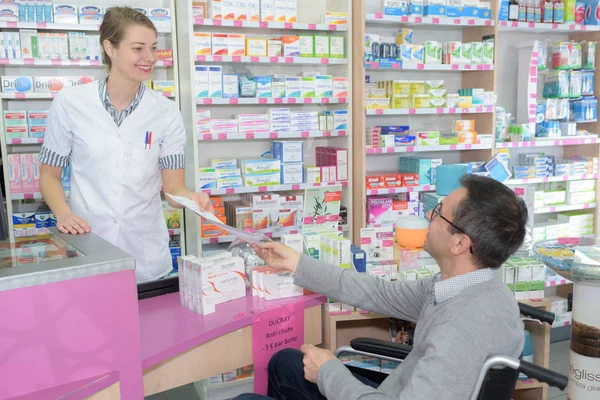
If you don’t speak the local language, a translation app can be a lifesaver. You can type out symptoms, allergies, or medication names to make things clearer. Even basic phrases like ‘I have a fever’ or ‘Where is the hospital?’ help avoid confusion.
Apps like Google Translate work offline if you download the language pack. It won’t be perfect, but it’ll get the job done.
Let a Friend or Family Member Know

You don’t need to worry about anyone, but giving someone back home a heads-up is smart—especially if you’re traveling solo. Share your current location, what’s going on, and your next steps. That way, someone knows where you are in case things take a turn.
A short message is enough. It’s one of those things you’ll be glad you did if anything escalates.
Like Travel Pug’s content? Follow us on MSN.
Don’t Self-Diagnose Anything Serious
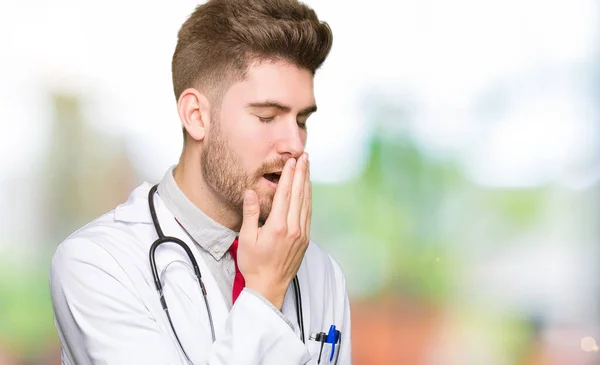
It’s easy to blame a headache on dehydration or a cough on the AC—but sometimes symptoms mean more. If your condition isn’t improving or gets worse after a day or two, don’t rely on guesswork. A professional can tell the difference between a passing bug and something that needs real treatment.
Even small clinics abroad are usually better than rolling the dice. When in doubt, check it out.
Wear a Mask Around Others
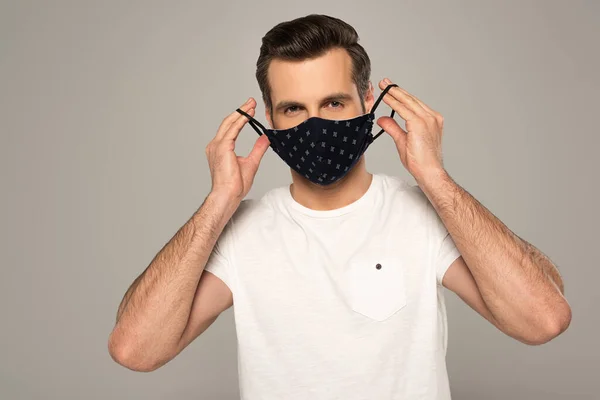
Nobody wants to get sick because someone else didn’t take precautions. If you’re coughing, sneezing, or feeling unwell, wear a mask in public places. It’s a simple way to be considerate, especially in shared spaces like buses or hostels. Many countries expect it now, and it helps protect both locals and fellow travelers.
Plus, it’s an easy habit that shows respect for the places you’re visiting.
Keep Food Simple While You Recover
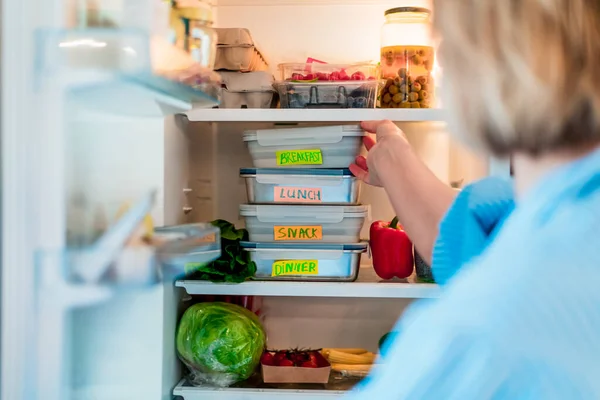
When you’re not feeling well, your stomach probably isn’t up for exotic dishes or spicy street food. Stick to bland, familiar foods—rice, toast, soup, bananas—until you feel stronger. It’s not the most exciting part of your trip, but it gives your body a break.
Trying to eat something new while recovering often leads to another setback. Save the adventurous eating for when you’re feeling 100%.
Like Travel Pug’s content? Follow us on MSN.
Avoid Alcohol Until You’re Fully Better

Even if you think you’re feeling fine, alcohol slows recovery and can mess with medication. It also dehydrates you and can mask symptoms that are still brewing. Wait until you’re really back to normal before ordering that local beer or cocktail.
Taking a few days off won’t ruin your trip. It just gives your body the chance to reset.
Give Yourself Flexibility in Your Itinerary
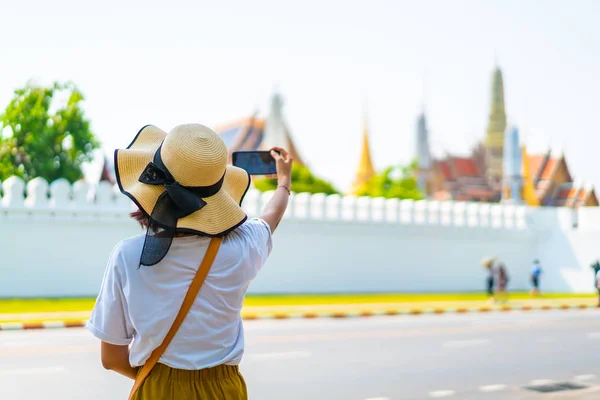
If you’re sick, don’t force yourself to follow your original schedule. Cancel or delay activities if needed—your health comes first. Many bookings can be rescheduled or refunded with enough notice.
Even if you lose a bit of money, pushing through and making yourself worse isn’t worth it. Let your trip breathe a little—it’s not a race.
Sanitize Regularly After You Recover
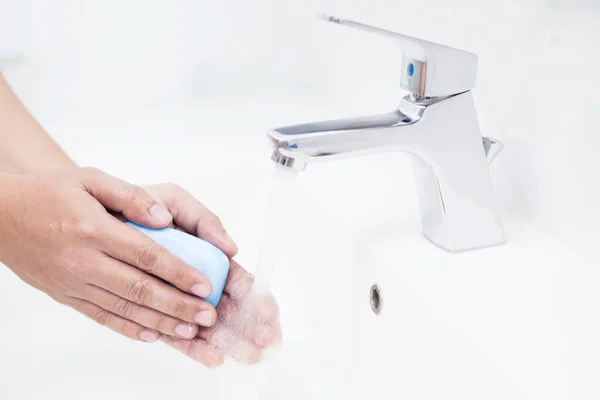
Once you start feeling better, keep things clean so you don’t relapse or pass anything along. Wash your hands often, sanitize your phone, and wipe down surfaces in shared spaces. Especially in hostels or long transport rides, germs can hang around.
It’s a small habit that makes a big difference. Just because you’re feeling better doesn’t mean your immune system is back to full power.
Like Travel Pug’s content? Follow us on MSN.
Keep Emergency Numbers Saved
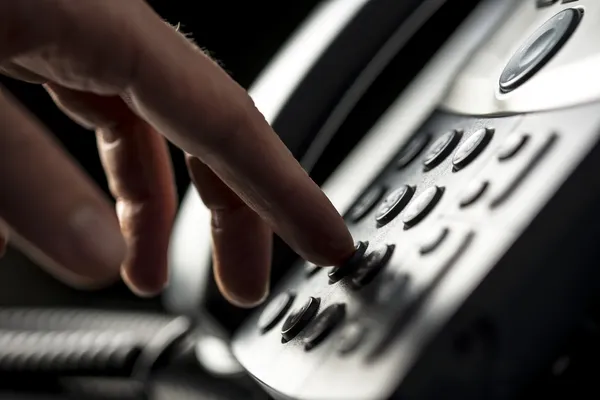
Before anything happens, it’s smart to save a few key numbers: your insurance hotline, local emergency services, the nearest embassy, and a trusted contact at home. You don’t want to be scrambling to Google the local ambulance number while half-awake with a fever.
Store them in your phone and write them down somewhere, too. When things go sideways, those numbers are gold.
When Health Comes First, Travel Follows
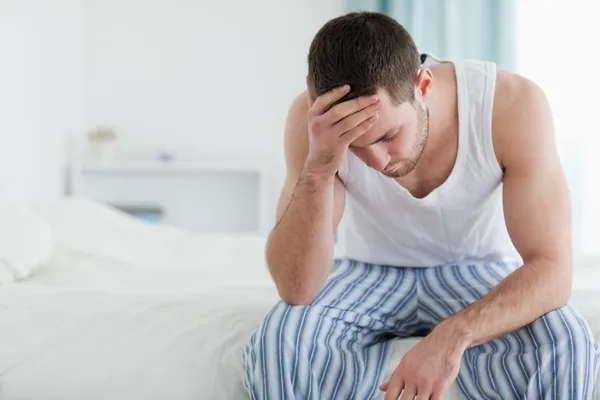
Getting sick abroad isn’t fun, but it doesn’t have to ruin your trip. With the right steps, most illnesses can be handled quickly and safely without cutting things short. The key is staying calm, being prepared, and knowing when to rest or get help.
Travel throws curveballs—how you handle them matters more than avoiding them entirely. And once you bounce back, you’ll enjoy the journey even more.
More from Travel Pug

- 20 Best Beach Towns in the Carolinas
- 13 Destinations Where Tourists Regularly Regret Their Trip
- 20 Things You Actually Get in First Class
- 20 Small Airports With Aviation Museums
- 20 Places in the U.S. That Are Perfect for a Reset Trip
Like Travel Pug’s content? Follow us on MSN.
